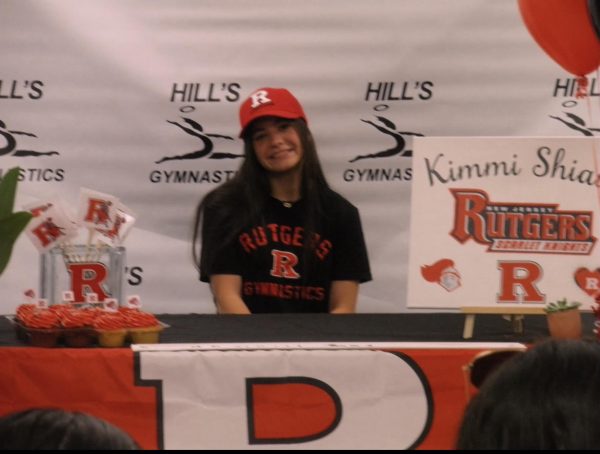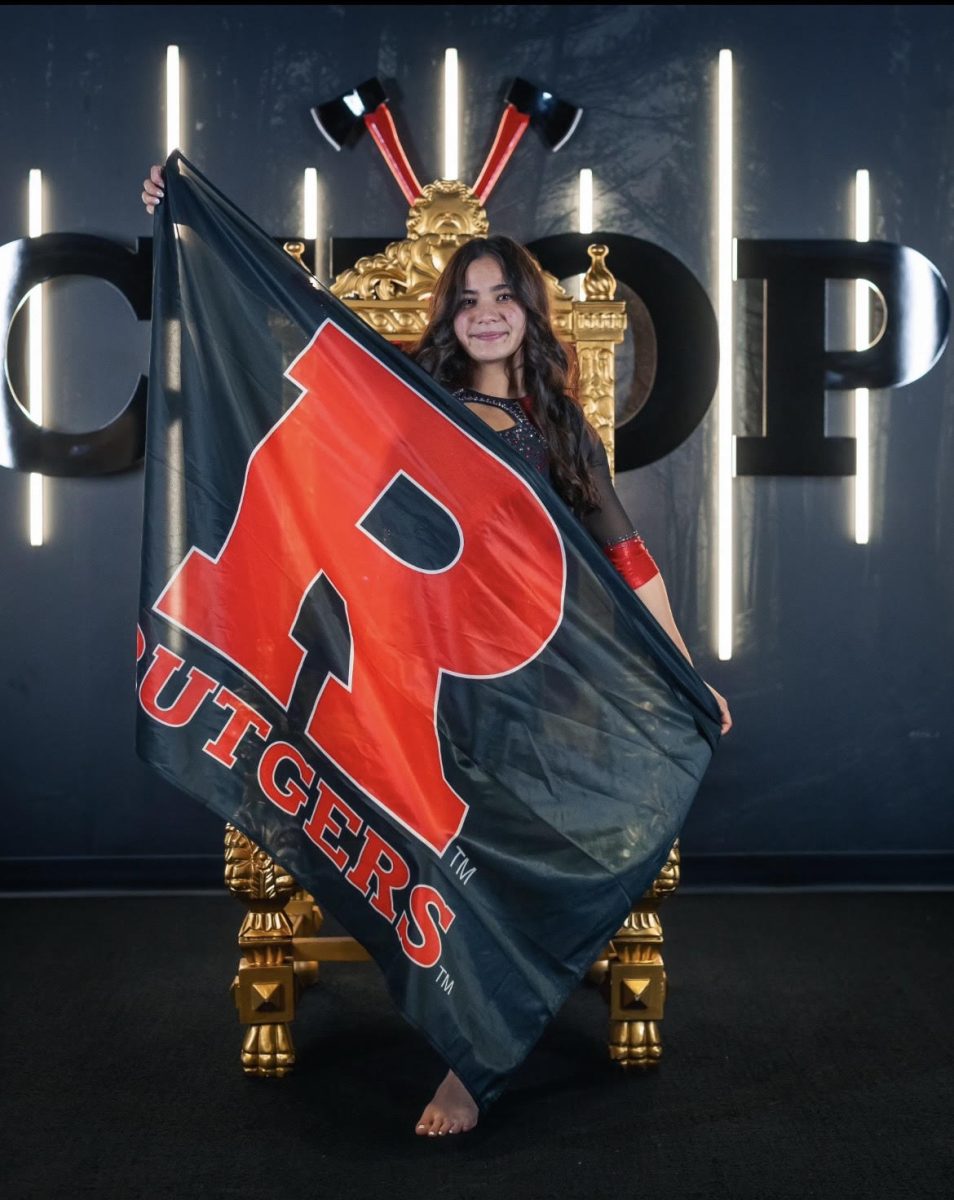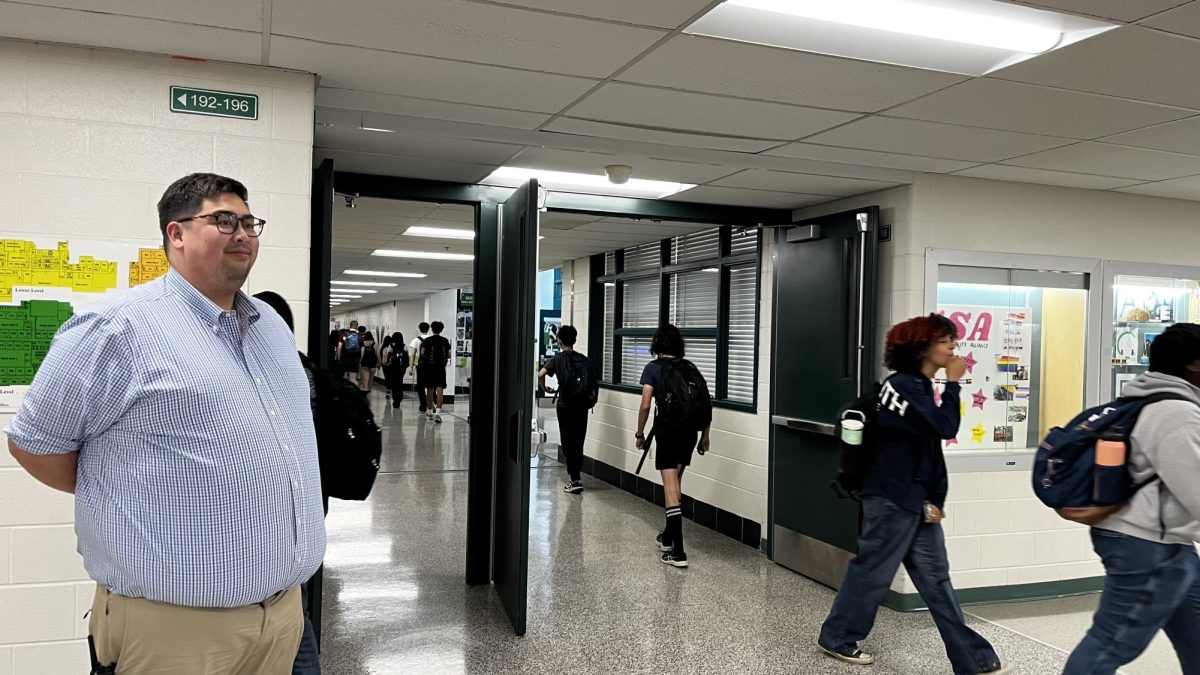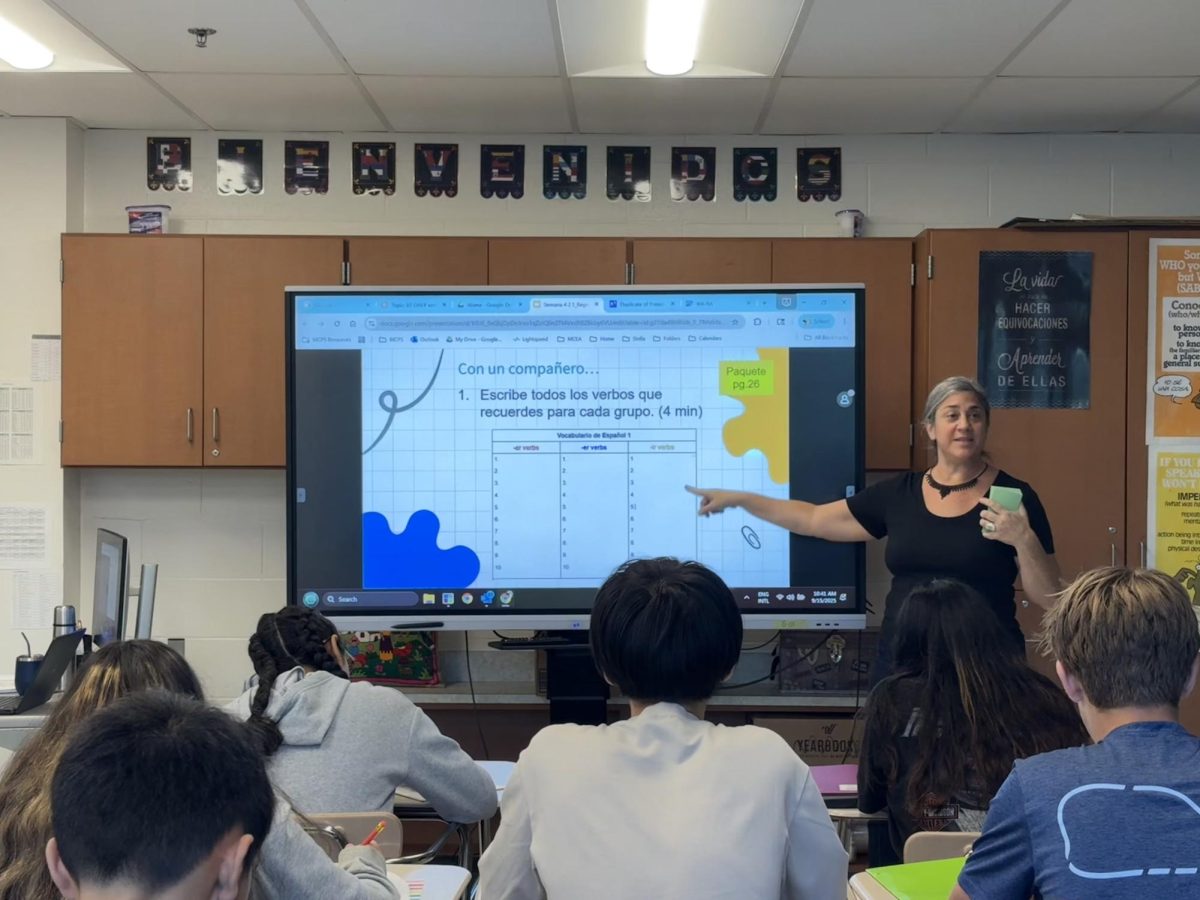From the classroom to the field, high school is a whirlwind of challenges and opportunities. Yet, college recruitment is an added layer of excitement and pressure for many student-athletes. As high schoolers put their books down and lace up their cleats, these young competitors aren’t just playing for victory. They are playing for a shot at their future.
There are nearly 8 million high school student-athletes but only 530,000 of these high school athletes attend a Division I athletic program. The numbers seemingly decrease as these athletes get older. Only 2% of Division I athletes take their talent to the professional level.
High school athletes couldn’t navigate the recruitment process without a helping hand from their coaches. Their coaches push them into the spotlight, making them shine even brighter.
“Coach Donlon has been very helpful and supportive throughout my recruiting process,” junior Kendall Alexander said.
Alexander is a key component of the Wildcats girls’ basketball team. She is the team’s leading scorer, averaging 12 points per game. The coaching staff has helped Alexander get on several college coaches’ radars. Alexander also plays on a basketball team outside of school. The more opportunities for a college coach to recognize her skill, the better. Yet, coaches have a limit on what they can do to help their athletes accomplish their dreams.
“High school coaches don’t reach out to college coaches. The kids have to attend camps, play AAU during open season and attend college prospect camps to get their names out,” girls’ basketball assistant coach Irvin Payne said.
Even though coaches have a significant influence, players have to put their foot forward to start their ideal recruitment. Coaches can maintain an influence indirectly.
“Schools will reach out to see what kind of talent we have at WJ, ask for schedules, ask for grades, practice habits and the type of person, leader and student everyone is,” Payne said.
For student-athletes, choosing the right college isn’t just about finding a school with a strong sports program. Rather, it’s about finding a home where they can thrive both on and off the field. They consider factors like coaching staff, team dynamics, academic offerings, campus culture and location. Many athletes engage in extensive research by visiting campuses, attending recruiting events and connecting with current team members to get a feel of the environment.

“When I went on my official visit, I met the entire team and I spent the night in one of the dorms with a group of freshmen. I love them, they were so nice and made me feel like I was already a part of the team,” senior Kimmi Shiau said.
Shiau is committed to Rutgers to compete for their gymnastics program. On one of her visits, she immediately felt connected to the freshmen. She was exposed to the college lifestyle Rutgers could give her. Ultimately, the decision comes down to a gut feeling. It’s about finding a place where student-athletes feel like they can excel academically, grow as athletes and become part of a community that feels like family.
“When I visited I felt right at home, the campus and the facilities were amazing and newly built. I felt like I belonged at the school and that it was the right choice,” Shiau said.
The final commitment comes down to which school feels the most like home.









